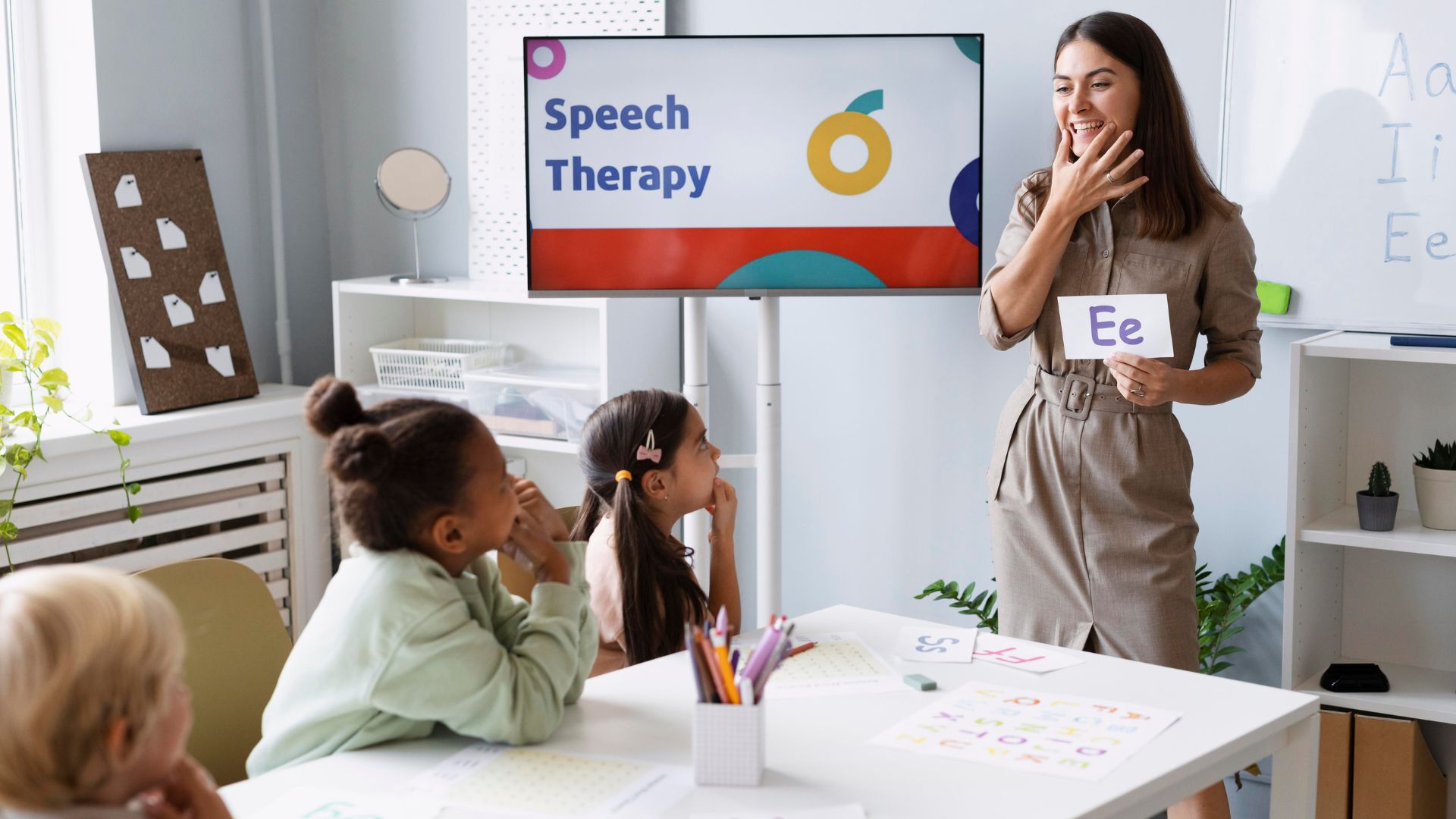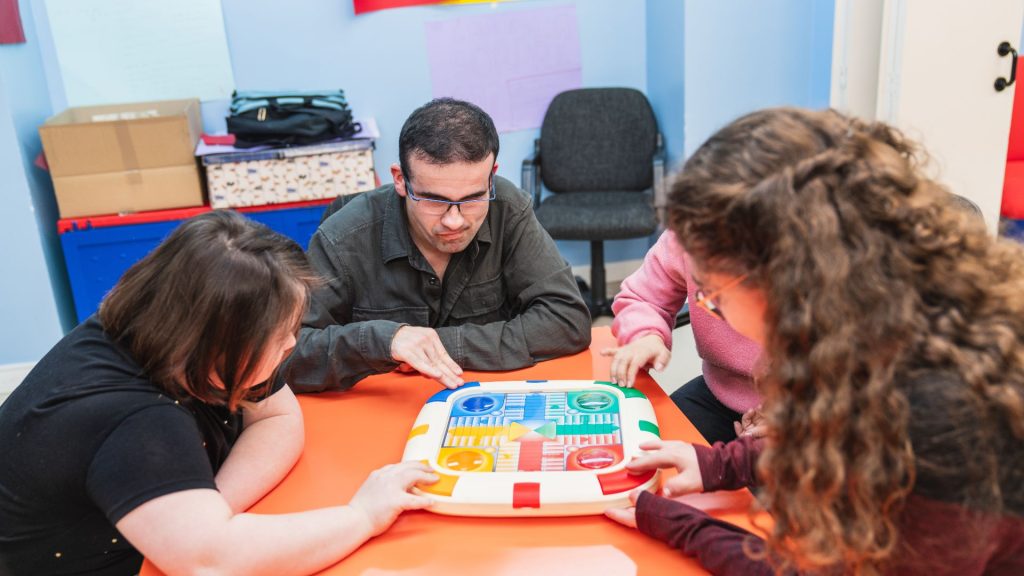Early intervention is vital in helping individuals with disabilities reach their full potential. For NDIS participants, it provides tailored, proactive support to address developmental challenges early on. Whether it’s an Autism Therapy Program, Speech Therapy Program, or skill-building initiatives, these services play a critical role in improving participants’ quality of life. By offering timely assistance, early intervention creates a foundation for independence, growth, and well-being while reducing long-term dependency on intensive care.
What is Early Intervention?
Early intervention is all about identifying and addressing challenges as soon as they arise. It provides individuals with developmental delays or disabilities with personalised support to foster growth and independence. This is especially important during crucial developmental phases when interventions can have the most significant impact.
Within the NDIS framework, early intervention funding allows participants to access specialised therapies, such as NDIS Speech Therapy, along with skill-building programs and assistive technologies. The goal is to empower individuals to live fuller lives by addressing issues before they escalate into more significant challenges.
The Role of Early Intervention in the NDIS

Personalised Support Plans
The NDIS takes a participant-first approach, meaning early intervention services are always tailored to the individual. This ensures that participants can achieve their personal goals. Each plan may include a variety of services, such as speech and occupational therapy, assistive technology, or educational programs, all specifically designed to suit the participant’s current and future needs.
Building Independence
Independence is a core focus of early intervention. For children, this might mean achieving developmental milestones like speaking or socialising. For adults, it could involve learning life skills, managing daily activities, or entering the workforce. These outcomes lead to greater autonomy and confidence in navigating life.
Preventing Long-Term Challenges
By addressing issues early, intervention services help minimise the risk of more significant complications down the road. This proactive approach benefits participants and their families while also contributing to more sustainable resource use within the NDIS.
Benefits of Early Intervention for NDIS Participants
Encourages Development and Learning
For children, early intervention offers opportunities to develop cognitive, social, and communication skills. Programs like the Speech Therapy Program help children improve their verbal and non-verbal abilities, while occupational therapy enhances sensory and motor development.
Adults also benefit by learning valuable skills such as time management, emotional regulation, and problem-solving. This support equips participants to adapt more effectively to different environments.
Improves Quality of Life
Participants who receive early intervention often experience improved confidence and self-esteem. By addressing challenges early, they are better prepared to engage in education, work, and social activities, which can significantly enhance their overall well-being.
Provides Family and Caregiver Support
Early intervention doesn’t just benefit participants—it also supports their families and caregivers. Programs include training sessions, resources, and guidance to help families effectively support their loved ones. This reduces stress on caregivers while fostering a more supportive home environment.
Long-Term Economic Benefits
Investing in early intervention pays off by reducing the need for more intensive, long-term care. When participants gain independence and confidence, they’re better positioned to participate in education, employment, and community activities, contributing meaningfully to society.
Key Components of Early Intervention

Therapy Services
Therapy plays a key role in early intervention. Common services include:
- Speech Therapy Program: Focuses on improving communication and language skills.
- Occupational Therapy: Supports the development of everyday skills such as dressing and feeding.
- Physiotherapy: Aims to enhance mobility and physical strength.
Skill-Building Programs
Skill-building initiatives focus on preparing participants for education, work, and community life. These programs teach critical skills, including problem-solving, communication, and social interaction, to help participants adapt to various situations.
Assistive Technology
Assistive devices and tools, such as communication boards or mobility aids, are invaluable in supporting participants. These technologies allow individuals to overcome barriers and participate more fully in daily life.
Family Training and Support
Families play an integral role in the success of early intervention. By participating in training programs and workshops, they gain practical skills to support their loved ones effectively. This collaborative approach ensures holistic progress.
How to Access Early Intervention Services Through the NDIS

Assessing Eligibility
Accessing early intervention funding starts with determining eligibility for the NDIS. Individuals must demonstrate a permanent or significant disability or developmental delay.
Developing a Personalised Plan
Once eligibility is confirmed, participants collaborate with NDIS planners to create a tailored intervention plan. This outlines the goals, services, and funding required to support the participant effectively.
Selecting the Right Providers
NDIS participants have the freedom to choose service providers that best meet their needs. Opting for experienced, NDIS-registered providers ensures high-quality care tailored to their unique requirements.
Ongoing Monitoring and Adjustment
Early intervention plans are dynamic and flexible, designed to adapt to the participant’s evolving needs. Regular reviews help ensure the support remains effective and relevant.
Overcoming Barriers to Early Intervention
Despite its proven benefits, many families hesitate to pursue early intervention due to misconceptions or lack of information. Educating communities about the advantages of early intervention is vital. It’s important to normalise seeking support and celebrate the strength it takes to take those first steps toward meaningful change.
Conclusion: A Pathway to Empowerment and Independence
Early intervention is transformative, offering NDIS participants the tools, therapies, and support they need to reach their full potential. Whether through an Autism Therapy Program or a tailored NDIS Speech Therapy plan, these services set the stage for long-term success by addressing challenges early.
For families and participants alike, early intervention opens doors to brighter futures filled with possibility and growth. Don’t wait—explore your early intervention options today and take the first step towards a more empowered life.


